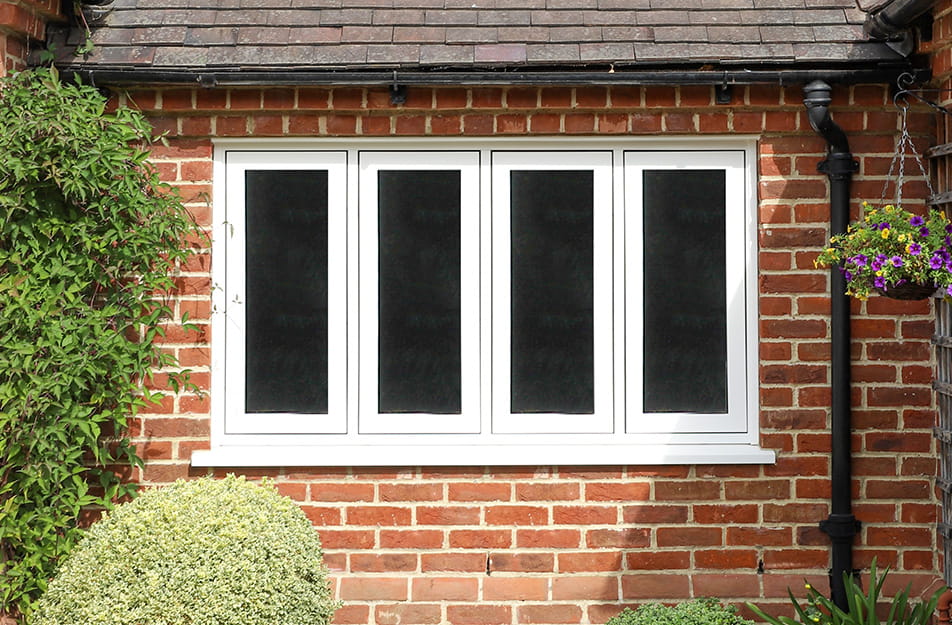
Window installers play a crucial role in the construction and renovation industries, specializing in the installation of various types of windows in residential and commercial buildings. Their expertise not only ensures that windows are fitted properly but also contributes significantly to the overall energy efficiency, security, and aesthetics of a property. This report will explore the responsibilities, skills, training, and industry standards associated with window installers, as well as the importance of their work in modern construction.
Responsibilities of a Window Installer
The primary responsibility of a window installer is to fit windows into buildings according to specifications and local building codes. This involves several key tasks, including:

- Measuring and Assessing: Installers begin by measuring window openings to ensure that new windows will fit properly. They assess the condition of existing frames and structures to determine if any repairs or modifications are necessary before installation.
- Selecting Materials: Based on the assessment, window installers select appropriate materials for the job. This may involve choosing between different types of windows such as vinyl, wood, aluminum, or fiberglass, each offering unique benefits in terms of durability, insulation, and cost.
- Preparing the Site: Prior to installation, the work area must be prepared. This includes removing old windows, repairing any damage to the surrounding structure, and ensuring that the site is clean and safe.
- Installation: The actual installation process involves carefully placing the window into the opening, securing it in place, and sealing it to prevent air and water infiltration. Installers must follow manufacturer guidelines and local building codes to ensure proper installation.
- Finishing Touches: After installation, window installers apply finishing touches such as trim and caulking to enhance the appearance and functionality of the windows. They also conduct final inspections to ensure everything is installed correctly and operates smoothly.
- Customer Service: Installers often interact with clients, explaining the installation process, addressing concerns, and providing guidance on window maintenance and care.
Skills Required
To be effective in their role, window installers must possess a variety of skills, including:
- Technical Skills: A strong understanding of construction techniques and building codes is essential. Installers must be skilled in using tools such as saws, drills, and levels.
- Attention to Detail: Precision is critical in window installation. Installers must be meticulous in their measurements and alignments to avoid issues such as drafts or leaks.
- Problem-Solving Abilities: Installers often encounter unexpected challenges during installation. The ability to troubleshoot and find solutions is vital for Ideal Glass completing projects successfully.
- Physical Stamina: The job can be physically demanding, requiring installers to lift heavy materials, work on ladders, and perform repetitive tasks.
- Communication Skills: Effective communication with clients and team members is important for understanding project requirements and ensuring customer satisfaction.
Training and Certification
While some window installers may enter the field with only a high school diploma, many employers prefer candidates with vocational training or an associate degree in construction technology. On-the-job training is also common, where new installers learn from experienced professionals.
In addition to basic training, obtaining certification can enhance an installer's credibility and job prospects. Various organizations offer certification programs that cover industry standards, safety practices, and installation techniques. Certifications may include:
- Certified Installation Master (CIM): Offered by the American Window and Door Institute, this certification demonstrates a high level of expertise in window installation.
- Energy Star Certification: Installers who become certified in Energy Star practices can help homeowners select and install energy-efficient windows, contributing to energy savings.
Industry Standards and Regulations
Window installers must adhere to various industry standards and regulations to ensure safety and quality. These may include:
- Building Codes: Local building codes dictate the minimum standards for construction and installation practices. Installers must be familiar with these codes to avoid legal issues and ensure compliance.
- Safety Regulations: Safety is paramount in construction. Installers must follow Occupational Safety and Health Administration (OSHA) guidelines to minimize the risk of accidents and injuries on the job site.
- Energy Efficiency Standards: Many regions have adopted energy efficiency standards that require windows to meet specific performance criteria. Installers must be knowledgeable about these standards to help clients choose compliant products.
The Importance of Window Installers
Window installers are essential to the construction industry for several reasons:
- Energy Efficiency: Properly installed windows can significantly reduce energy consumption by minimizing heat loss in the winter and heat gain in the summer. This not only lowers utility bills for homeowners but also contributes to environmental sustainability.
- Improved Aesthetics: Windows are a key design element in any building. Skilled installers ensure that windows are not only functional but also enhance the overall appearance of a property.
- Increased Property Value: Quality window installation can boost a property's market value. New, energy-efficient windows are often a selling point for potential buyers.
- Safety and Security: Windows play a critical role in the safety and security of a building. Proper installation ensures that windows are secure and function as intended, providing peace of mind to homeowners and occupants.
- Compliance with Regulations: Window installers help ensure that buildings comply with local codes and regulations, reducing the risk of legal issues for property owners.
Conclusion
In summary, window installers are vital professionals in the construction and renovation sectors, responsible for the accurate and efficient installation of windows. Their expertise impacts energy efficiency, aesthetics, safety, and property value. With the growing emphasis on energy-efficient building practices, the demand for skilled window installers is likely to continue increasing. As such, investing in training and certification is essential for those looking to pursue a career in this field. Understanding the importance of their role not only highlights the technical aspects of window installation but also emphasizes its broader implications for homeowners and the environment.







